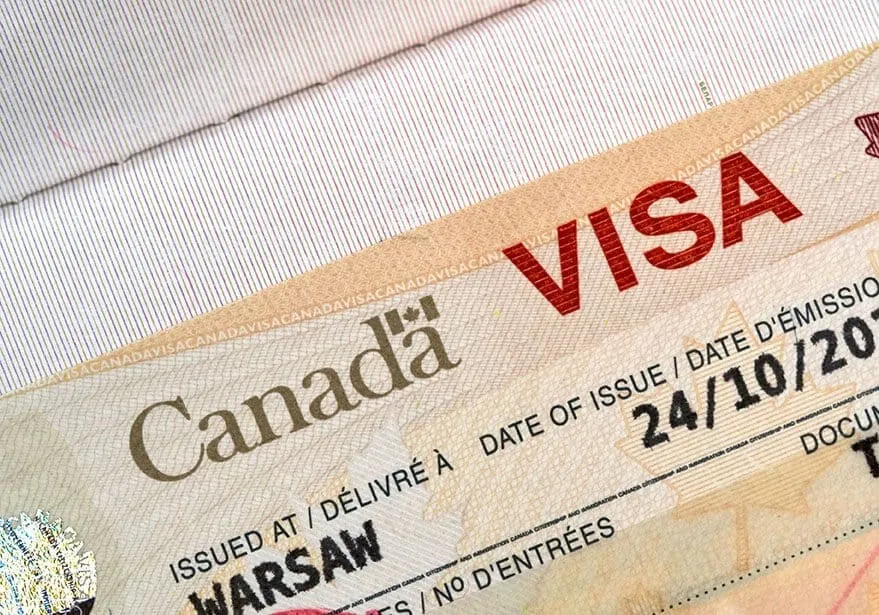
Investor Program
Want to invest in one of the safest economies in the world? We have got your back! We stand by you to buy in to the most profitable ventures across Canada!
Investor Program
Want to invest in one of the safest economies in the world? We have got your back! We stand by you to buy in to the most profitable ventures across Canada!
Are you interested in Canada immigration? Did you know Canada accepts about 411,000 new permanent residents annually in 2021-2023? Canada is a developed country with high social security benefits, such as free medical care and free education. That’s why many people from various communities across the world explore solutions to get land in Canada. Fortunately, they have several options to get in Canada immigration programs provided by IRCC (Immigration, Refugees and Citizenship Canada). If you want to get an idea of how you can immigrate to Canada to achieve the benefits of living and working in a developed country with high degrees of social security, just continue reading this article.

Unlike many countries with hard eligibility criteria for accepting foreign workers and business people, Canada has made it easy for skilled workers and entrepreneurs to enter the country and gain temporary and permanent residency. As you see in the following, several options of immigration to Canada are available for various groups of people with skills, education, experience, and business ideas to follow their dream life in Canada.
People with professional skills, education, and working experience that are valuable in the Canadian labor market have a splendid chance to become permanent residents. IRCC is looking to welcome 241,500 economic class immigrants to take part in Canada’s economy, counting roughly 59 percent of Canada immigration programs target. So if you have professional skills and seek a way to get a higher income, have more social benefits, and live with your family in a developed country, you may be eligible to settle in Canada.
Temporary Canadian residents, including foreign workers and foreign students, can apply for permanent residency. They already have the experience of living, working, or education in Canada and are more likely eligible to become permanent residents according to Immigration, Refugees, and Citizenship Canada (IRRC) criteria. However, to gain permanent residency status, they should meet some eligibility requirements, such as high-skill in English or French language, and be adopted in Canadian society.
Another group of immigrants who are more likely to successfully get Canada residency include business people such as entrepreneurs, start-up founders, investors, and self-employed immigrants who want to establish their business in Canada. So if you are an investor or business person with a plan to run your business in Canada, the good news is that according to IRRC targets, you may be eligible for Canada permanent residency and offer your services to its citizens. This type of Canadian immigration is fairly easy. Candidates of Canada entrepreneur visa, Canada investor program and Canada startup visa are only required to gain commitment from angel investors or venture capital funds to prove their business is worthy and profitable.

People who already have family members like spouses, partners, or children in Canada are another group of immigrants with a high chance of being accepted. They count for about 26 percent of IRRC’s immigration target that in 2021-2023 plan their number achieves to 103,500 immigrants annually. If you are a permanent resident or citizen of Canada, you can sponsor your relatives such as your spouse, partner, child (or adopted child), or other family members to gain permanent residency under the Canada family sponsorship immigration program.
One important question that many applicants ask is the difference between express entry and provincial nominee programs. The principal difference between these two Canadian immigration programs lies in that express entry is federal, while they regulate provincial nominee programs in various provinces. Provincial programs focus highly on the job offer and required skills, whereas other specific requirements like language skills or education are also important in the express entry.
Despite these differences, both express entry and provincial programs try to provide a suitable workforce and skilled workers who may not be found in the current Canadian population. For Canadian employers who hire immigrant workers, both programs help to find required resources, but for immigrants, there are obvious differences.
Skilled workers with adequate experience and education can apply for whether express entry or provincial nominee programs. Those who may have concerns about the minimum language skills or education certificates are more likely to get eligible for provincial programs, while skilled workers with adequate language skills and certificates can pass express entry criteria.
According to IRRC targets, 15 percent of new immigrants sums up to 66,000 people may gain Canadian residency on humanitarian, refugee, and compassionate grounds. Many candidates who may not pass the eligibility criteria for other types of Canadian immigration procedures can apply for these cases. People with concerns about security in their home country, like those who are in danger of being tortured or being afraid of returning to their country, can settle in Canada.

Although Canada is well-known for its easy immigration laws that people with various backgrounds and skills can apply for, some people may be inadmissible because of their personal or family records. Inadmissible cases are not allowed to settle or visit Canada for several reasons, that are listed below:

To apply for permanent residency in Canada, you should simply visit its online application portal and fill out the forms. The process is straightforward and requires only a few steps.
Canada immigration requirements:
Now that you are familiar with the Canada immigration process and know its different types, don’t waste time and start your application to get along with more than 400,000 new Canadian immigrants before the end of 2022.
Here is the latest immigration news for Canada